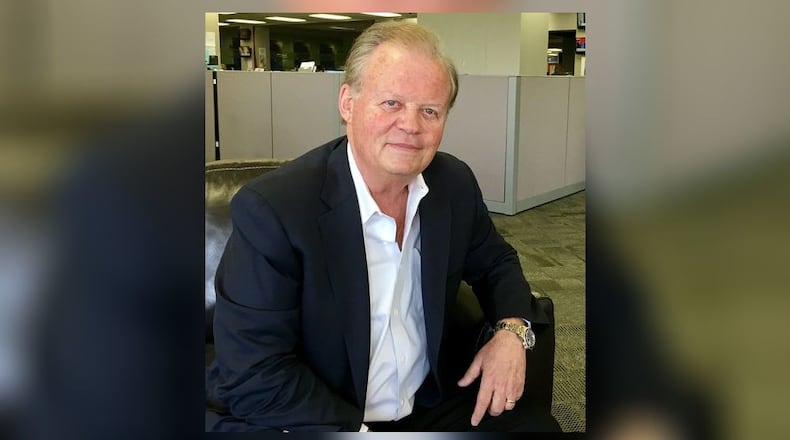When I was representing the Dayton area in Congress, I offered a resolution for a congressional apology for slavery. Just a simple apology, that’s all.
Within days, my office was receiving violent hate mail and even death threats. I had to have Capitol police protection for weeks. All because I felt we needed an apology for the wrongs done to African Americans as a starting point for racial reconciliation.
People may not want to talk about slavery and racism, but I believe we need to come to terms with our past. I had the honor of walking across the Edmund Pettus Bridge in Selma with the late John Lewis in a reenactment of his historic march in 1965. Countless people like John Lewis labored, suffered and even died to bring about civil rights. We owe it to them to learn about their struggles and why they were so dedicated.
Now, however, there are many who seek to hide the sins of our past from today’s students. Thirty-five states have now introduced bills that would restrict the way teachers or university faculty discuss race. And of those, 12 have become law in 10 different states. One of the most chilling examples is a law passed in North Dakota prohibiting teachers from teaching “that racism is systemically embedded in American society.”
How to correct systematic racism when we won’t even acknowledge it?
At the Hall Hunger Initiative, we make education and discussion about racism part of our on-going mission. Occasionally, people ask “why does an organization working on hunger talk about racism?”
First of all, I believe it’s the right thing to do. Secondly, we know racism is one of the root causes of hunger in America so we are obligated to confront it. In our community, African Americans experience hunger and poverty at two to three times the rate of their white neighbors. They also have significantly higher death rates from diet-related diseases such as heart attack and diabetes. Much of this is related to disproportionate poverty that impacts the Black community. Nationally, a typical white household has a net worth of $188,000 compared to $24,000 for a Black household.
To help people understand how these disparities developed, we offer an interactive workshop called Racial Wealth Gap Simulation. It’s a thought-provoking exercise created by Bread for the World that shows the disparate impact of policies such social security, the GI Bill and over-incarceration. We add local examples, such how redlining still impacts Dayton and the effect it has on access to healthy food.
After the workshop, we ask participants what they learned and get comments such as:
“I was unaware of West Dayton’s food desert”
“I had heard about redlining but didn’t understand the lasting impacts "
“The inequality that African Americans still experienced after civil rights laws were passed”
“I didn’t know that Social Security was often denied to Black people”
Years of experience with this workshop demonstrates that people want the truth and can handle it. More importantly, the candid conversations in these workshops prove to me that people are eager to have honest dialogue about our racial challenges — they just don’t know where to begin.
Our nation desperately needs to heal our racial divisions. That begins with coming to terms with some hard truths — but wounds ignored will never heal. Let’s have the courage to face our past and build a better future. As Dr. Martin Luther King Jr. said “Darkness cannot drive out darkness, only light can do that.” It’s time for each of us to step into the light.
Tony Hall is a former member of Congress from Dayton and UN Ambassador and founder of the Hall Hunger Initiative. To find out more about the racial wealth gap simulation, email mwillis1@udayton.edu
About the Author
